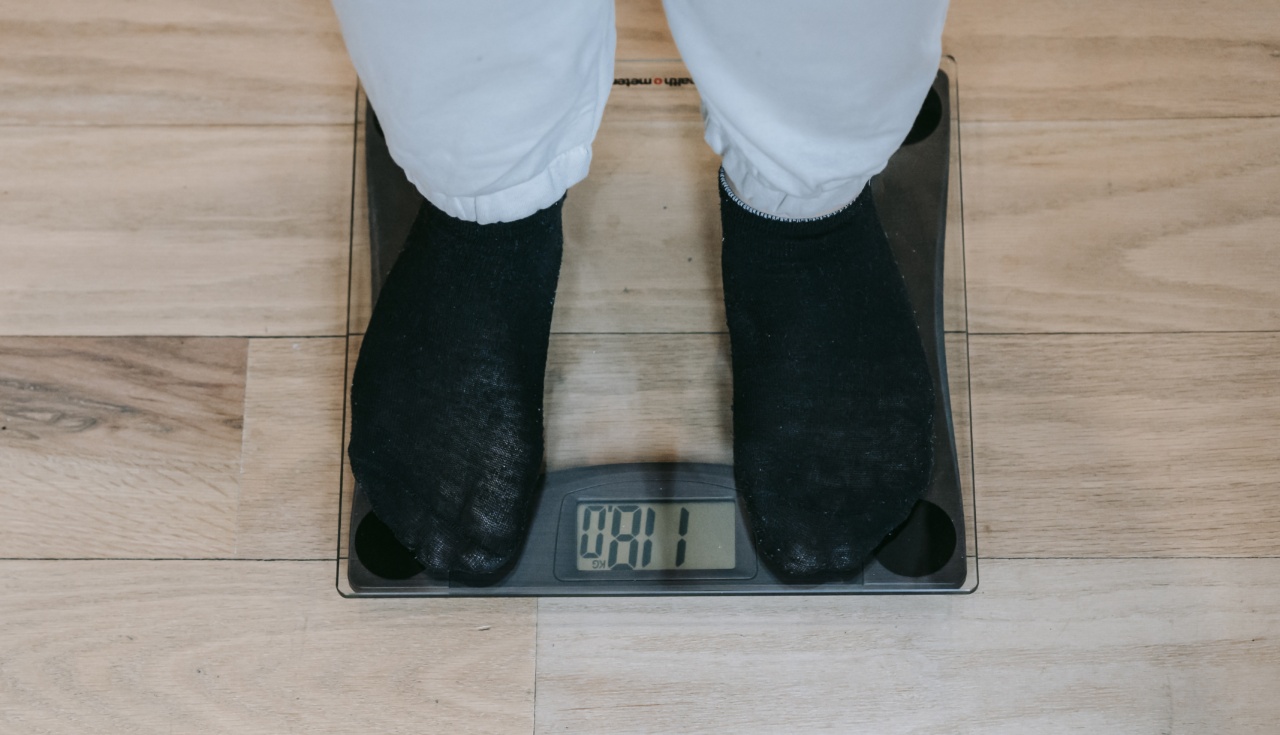Summer is a time when many people strive to achieve their weight loss goals. With the warm weather and increased physical activity, it’s the perfect opportunity to shed those extra pounds and feel great.
One of the keys to successful weight loss is following a balanced diet that provides all the necessary nutrients while keeping the calorie intake in check. In this article, we will explore the components of a balanced diet for summer weight loss, along with some useful tips to help you get started on your journey to a healthier you.
The Importance of a Balanced Diet
A balanced diet is crucial for maintaining good health and achieving weight loss. It provides the body with the essential nutrients, vitamins, and minerals it needs to function optimally.
By incorporating a variety of foods from different food groups, you ensure that your body receives all the necessary components to support weight loss and overall well-being.
Fruits and Vegetables
Fruits and vegetables should form the foundation of your summer weight loss diet. They are low in calories but rich in essential vitamins, minerals, and dietary fiber.
Aim to consume a wide range of colorful fruits and vegetables, as each color provides unique health benefits. Include plenty of leafy greens, berries, citrus fruits, and cruciferous vegetables for optimal nutrition.
Lean Protein Sources
Protein is an essential component of any weight loss diet as it helps to build and repair tissues, supports muscle growth, and aids in the feeling of fullness.
Opt for lean protein sources such as skinless chicken, turkey, fish, tofu, legumes, and low-fat dairy products. Including protein in each meal can help curb cravings and prevent overeating.
Whole Grains
Swap refined grains for whole grains to boost your weight loss efforts. Whole grains such as brown rice, quinoa, oats, and whole wheat bread are rich in dietary fiber and provide sustained energy throughout the day.
They also help to regulate blood sugar levels and reduce the risk of chronic diseases such as heart disease and diabetes.
Healthy Fats
Don’t be afraid of fats! Including healthy fats in your diet is important for maintaining overall health and aiding in weight loss. Opt for sources such as avocados, nuts, seeds, olive oil, and fatty fish like salmon.
These fats are rich in omega-3 fatty acids, which have been shown to reduce inflammation and promote heart health.
Hydration
Staying hydrated is paramount during the summer months, especially when striving for weight loss. Proper hydration aids in digestion, regulates body temperature, and increases metabolism.
Aim to drink at least 8 glasses of water per day and incorporate hydrating foods such as watermelon, cucumbers, and citrus fruits into your diet.
Portion Control
While following a balanced diet is important, portion control plays a significant role in weight loss. Even healthy foods can contribute to weight gain if consumed in large quantities.
Use smaller plates, measure your servings, and practice mindful eating techniques to keep portion sizes in check.
Meal Planning and Preparation
Planning and preparing your meals in advance can save you time and help you make healthier choices. Set aside a specific time each week to plan your meals, create a shopping list, and batch cook.
This will ensure that you have nutritious meals readily available, preventing you from reaching for unhealthy options during busy days.
Avoid Sugary Beverages
Sugary beverages such as soda, sports drinks, and fruit juices are high in empty calories and can hinder your weight loss progress. Opt for water, unsweetened tea, or infused water with fruits and herbs instead.
These options are not only refreshing but also help to keep you hydrated without adding extra calories.
Regular Physical Activity
While diet plays a significant role in weight loss, regular physical activity is equally important. Engage in activities that you enjoy, whether it’s swimming, cycling, hiking, or dancing.
Aim for at least 150 minutes of moderate-intensity or 75 minutes of vigorous-intensity exercise per week to maximize your weight loss results.
Monitoring and Adjusting
Lastly, it’s essential to monitor your progress and make adjustments as needed. Keep track of your food intake, physical activity, and how you feel overall.
If you hit a weight loss plateau or feel stagnant, consider consulting a registered dietitian or nutritionist for personalized guidance and support.































